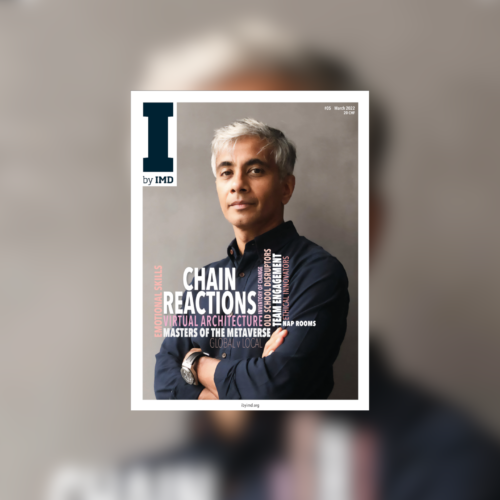Haier, the Chinese multinational home appliances group, has managed to innovate and take advantage of the Internet of Things by viewing its partners as idea-laden co-creators rather than just vendors. Central to this is Haier’s willingness to share the value created, rather than limit the fees paid to suppliers. The group purposefully grows the partnership for the benefit of all involved, rather than maximizing the profit gained by the most powerful partner, enabling Haier to build healthier ecosystems and in turn giving it a competitive advantage.
Take time to listen to the pain points that are motivating your counterpart’s behavior and blocking any move towards concessions. Be willing to talk about the losses – past, present, and anticipated – that may be influencing how you and your counterpart respond. These can include betrayal, ostracization, humiliation and lack of respect. Former German Chancellor Angela Merkel, a rational scientist by training, famously called out Russian President Vladimir Putin after he intimidated her during negotiations in 2007. Aware that Merkel had been afraid of dogs since childhood, Putin allowed his black Labrador to enter the room. Later, Merkel revealed a deep insight of her counterpart’s character. “I understand why he has to do this – to prove he’s a man,” she told reporters. “He’s afraid of his own weakness. Russia has nothing, no successful politics or economy. All they have is this.”
Once you have understood the pain points and responded with empathy and respect, you have the foundations for shared problem-solving.


 Audio available
Audio available




